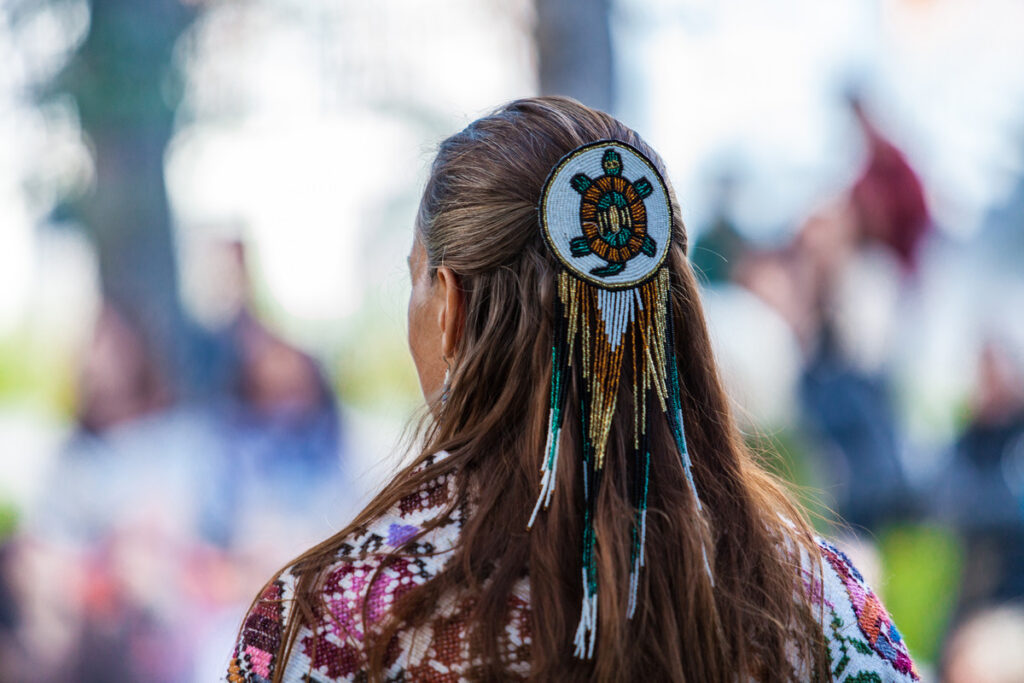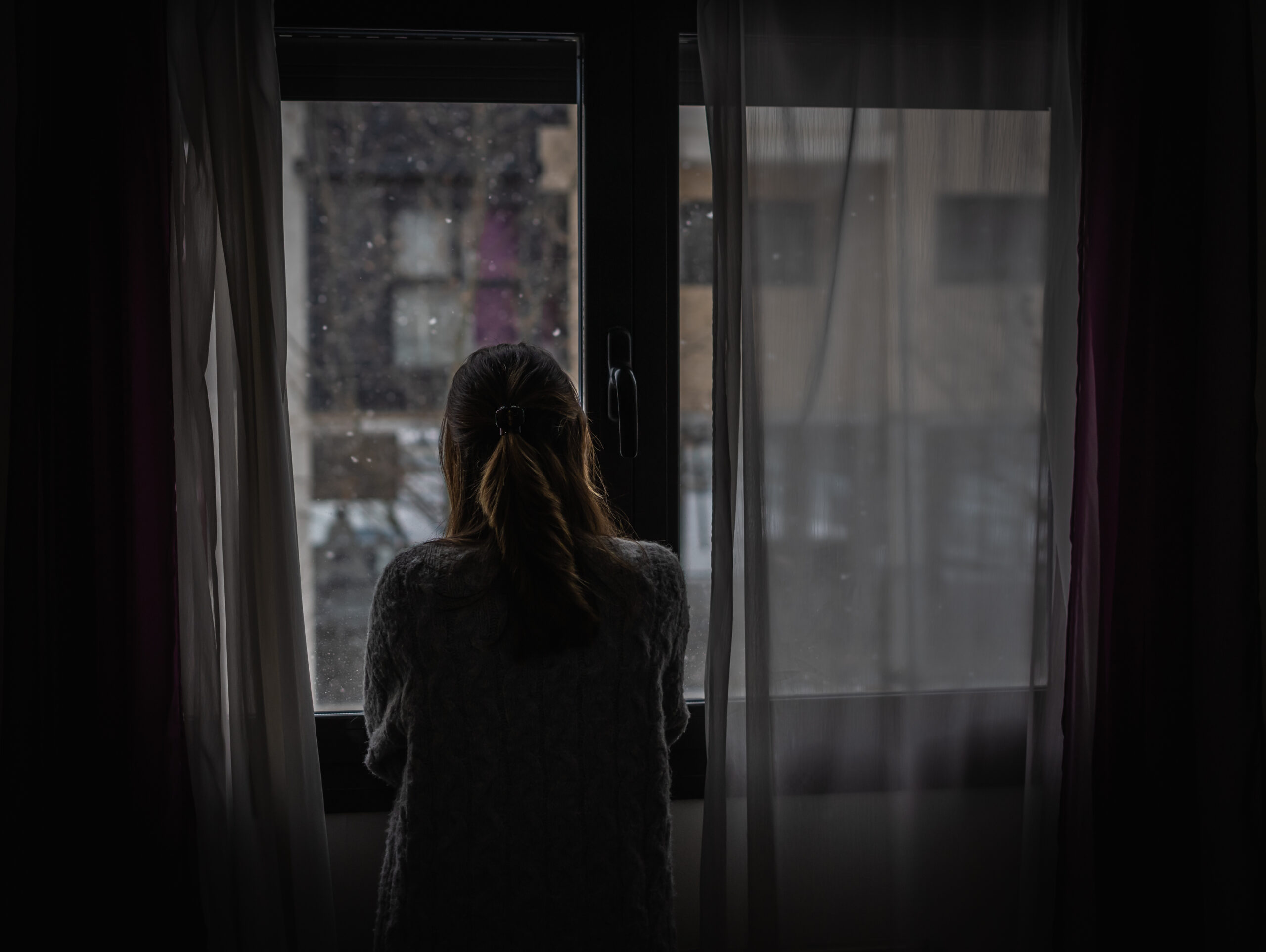The Need For Financial Education On Reserves
National Indigenous History Month recognizes the history of Indigenous people and how far as a society there still is to go to achieve true reconciliation, equality and justice for Indigenous communities.
There is a huge need for this day as the Government of Canada said in the Aboriginal Financial Literacy Report in Canada in 2011 that as the Canadian economy becomes more knowledge-intensive, Indigenous people lacking the necessary education and literacy skills to compete in the labour market will be excluded from the new economic opportunities and will be pushed even further to the margins of society.
Director and founder of the Three Sister’s Market and intergenerational survivor through family, Siera Hancharyk (she/they), said financial literacy on reserves or residential schools is not taught and is not easily accessible.
“We’re kind of taught the handout system. A lot of times we get not free money because it comes with a price and a cost, but we’re given money, oftentimes without having to do anything for it and not being told how to properly use it,” Hancharyk said.
“If somebody’s on Ontario Works (OW) or getting treaty money, they’re not being told how to invest that, how to spend it, how to budget. A lot of times that results into kind of reckless spending and reckless living, or even not knowing where your next cheque’s going to come from,” they said.
The founder of COYA Productions Incorporated, Jace Poirier (she/they), who is Métis and affected by intergenerational trauma caused by colonization, views economic abuse in the Indigenous community to not be within the home but between the home, nation and the state.

“The Indian Act governs those with status. When you have status you can access your rights and entitlements to a degree. But the rights of entitlements that people are being awarded are still based on the economics of the time 150 years ago,” Poirier said.
“So those rights and entitlements look like you give me all of your land in perpetuity forever and I will give you $5 a year in a bag of flour in exchange,” they said.
Hancharyk said in addition to economic abuse, Indigenous people experience domestic abuse, much of it stemming from residential schools.
“He [an elder] said that his mom had never hugged him or said she loved him. So could you imagine the harm that does to a child? That stems from the residential schools because she was taught not to show emotion, not to show love for your family, because you’re stolen away from your family. You’re shown all this hate and evil from these people who are supposed to be teaching you,” she said.
Statistics Canada said in 2022, every four in 10 Indigenous people of the age of 15 or older reported experiencing sexual or physical violence by an adult before the age of 15.
The Government of Canada reported in 2018 that Indigenous women are more than three times higher than non-Indigenous women to experience sexual assault.
For host of the Native Calgarian Podcast, Michelle Robinson (they/them), who is a Sahtu Dene, poverty by the Canadian Government policy is the reason why there are so many social issues.
“The solution obviously is investment in dollar-to-dollar funding. Every Canadian person would get X amount of money and taxes, so should indigenous people, but in fact we don’t. So there’s not equity. It’s not just poor government policy, but it’s actually broken treaty,” Robinson said.
Poirier said to assert an Indigenous person’s rights and title over the land stolen from the government, the Supreme Court of Canada must be challenged, meaning Indigenous people had to learn to both be lawyers and social workers to take care of their people.
“Now we’re entering the field of economics because we have precedent of returning land to our own selves. Once you do that, then you’re able to transact with major banks because you have collateral on land that you can borrow against. But until you have that, you’re locked in a dependent financial relationship with the Canadian government,” she said.
The 94 Calls To Action (CTAs) are actionable policy recommendations meant to aid the healing process through acknowledging the full, horrifying history of the residential schools system as well as creating systems to prevent these abuses from ever happening again in the future.
Moreover, there are resources in the GTA such as Thunder Women Healing Lodge and Native Women’s Resource Centre to aid in breaking down systemic barriers.
The Canadian Centre for Women’s Empowerment (CCFWE) also offers support for economic abuse recovery with the STEAR app, the first Canadian digital tool designed to empower survivors of economic abuse.
Article Written By: Julia Vellucci






